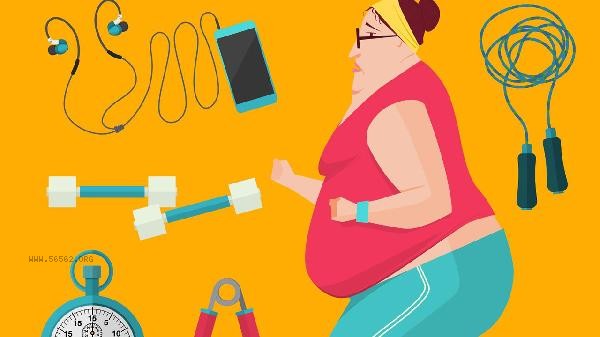Skipping meals after 3 pm may help with short-term weight loss, but in the long run it may affect metabolic health. This dietary pattern reduces calorie intake by prolonging fasting time, but it needs to be evaluated based on individual differences and nutritional balance. Fasting after 3pm is essentially a variant of intermittent fasting, which controls total calories by compressing the feeding window. The human body will preferentially consume liver glycogen in a continuous fasting state, and gradually convert it into fat for energy supply after about 12 hours, which theoretically may promote a decrease in body fat. But prolonged hunger may trigger a protective metabolic decline, accelerate muscle breakdown, and reduce basal metabolic rate by about 10% to 15%. Some people may experience hypoglycemic reactions, manifested as dizziness and fatigue, and women may experience endocrine disorders such as menstrual disorders.

Special groups such as diabetes patients, patients with gastrointestinal diseases or pregnant women should not adopt such extreme diet. Patients with diabetes may be at risk due to excessive fluctuation of blood sugar, and continuous secretion of gastric acid may aggravate gastritis or ulcer symptoms. Adolescents and high-intensity workers during their growth and development period require continuous energy supply, and premature fasting may lead to imbalanced nutrient intake. People with a tendency towards overeating may develop nighttime eating disorders due to excessive suppression, which can lead to excessive calorie intake. If you try to limit your evening meals, it is recommended to adjust your lunch to a combination rich in high-quality protein and dietary fiber, such as mixed grain rice with steamed fish and broccoli, to prolong satiety. In the afternoon, sugar free Greek yogurt or nuts can be added as an extra meal to avoid excessive hunger at night. Long term weight loss still requires establishing a sustainable dietary pattern, controlling the daily calorie deficit within a reasonable range, and combining resistance training to maintain muscle loss. When experiencing symptoms of low blood sugar such as palpitations and hand tremors, it is necessary to immediately supplement with an appropriate amount of carbohydrates and consult a nutritionist to adjust the plan if necessary.










Comments (0)
Leave a Comment
No comments yet
Be the first to share your thoughts!